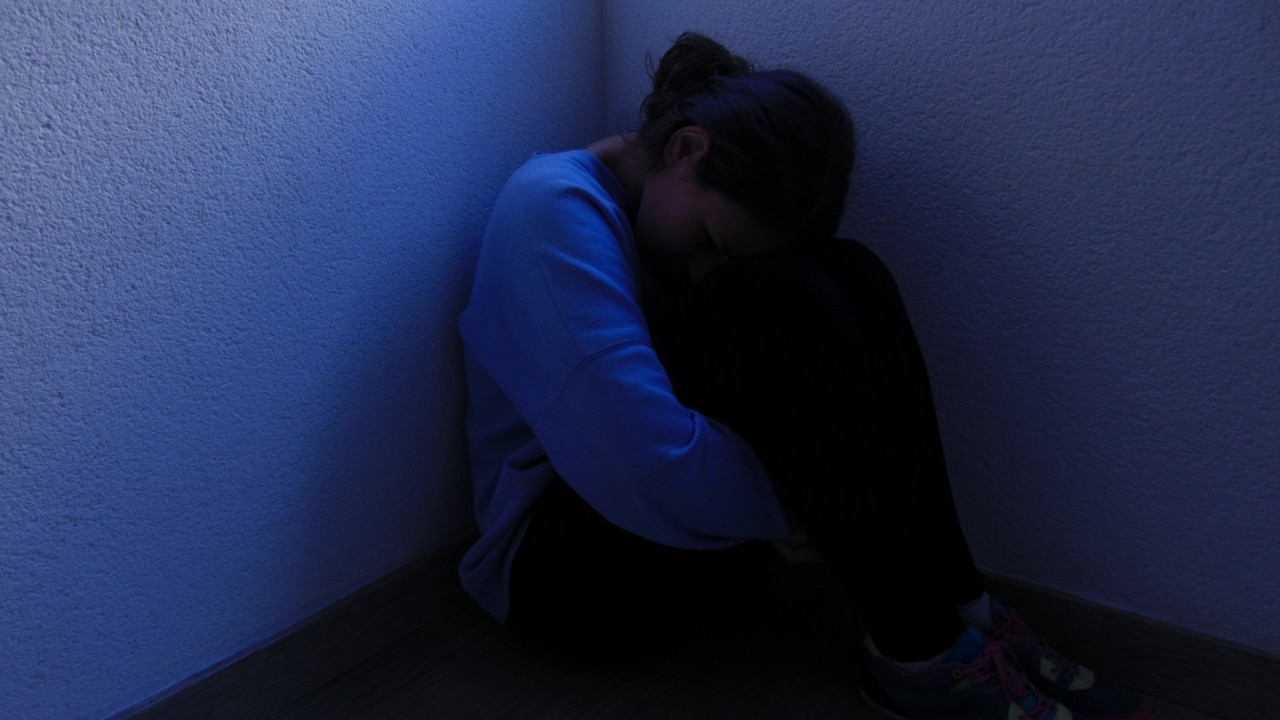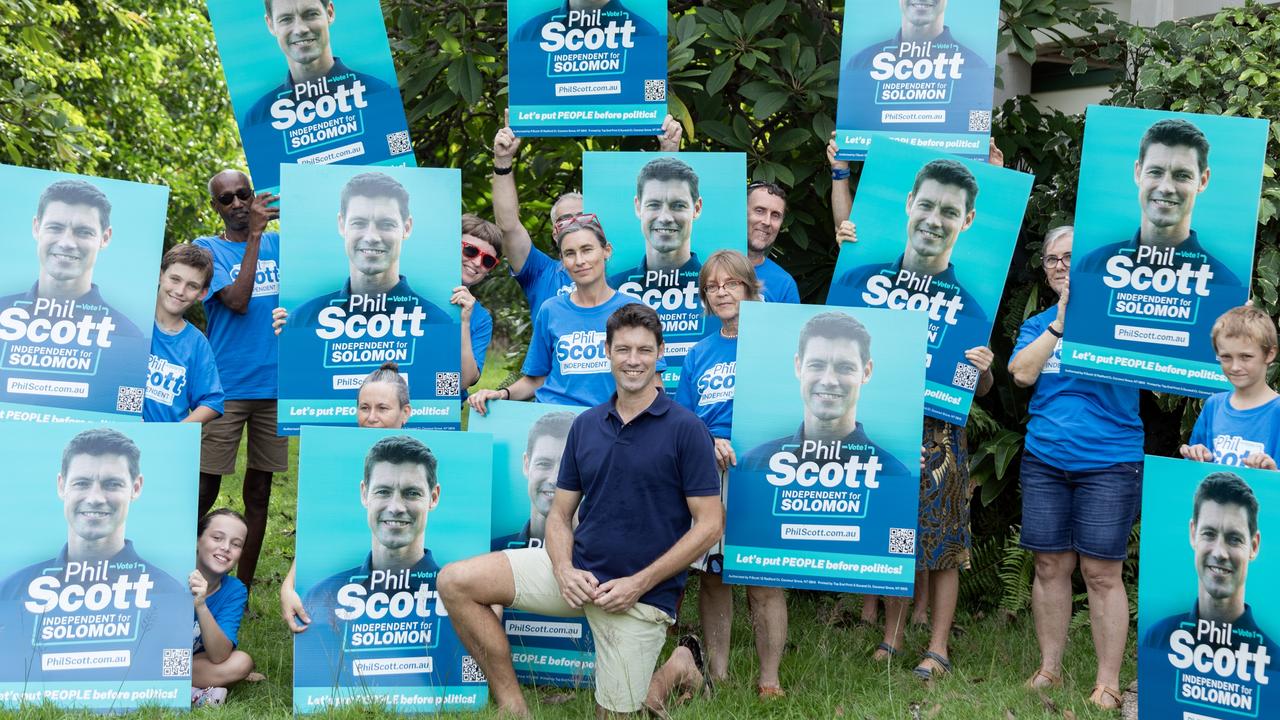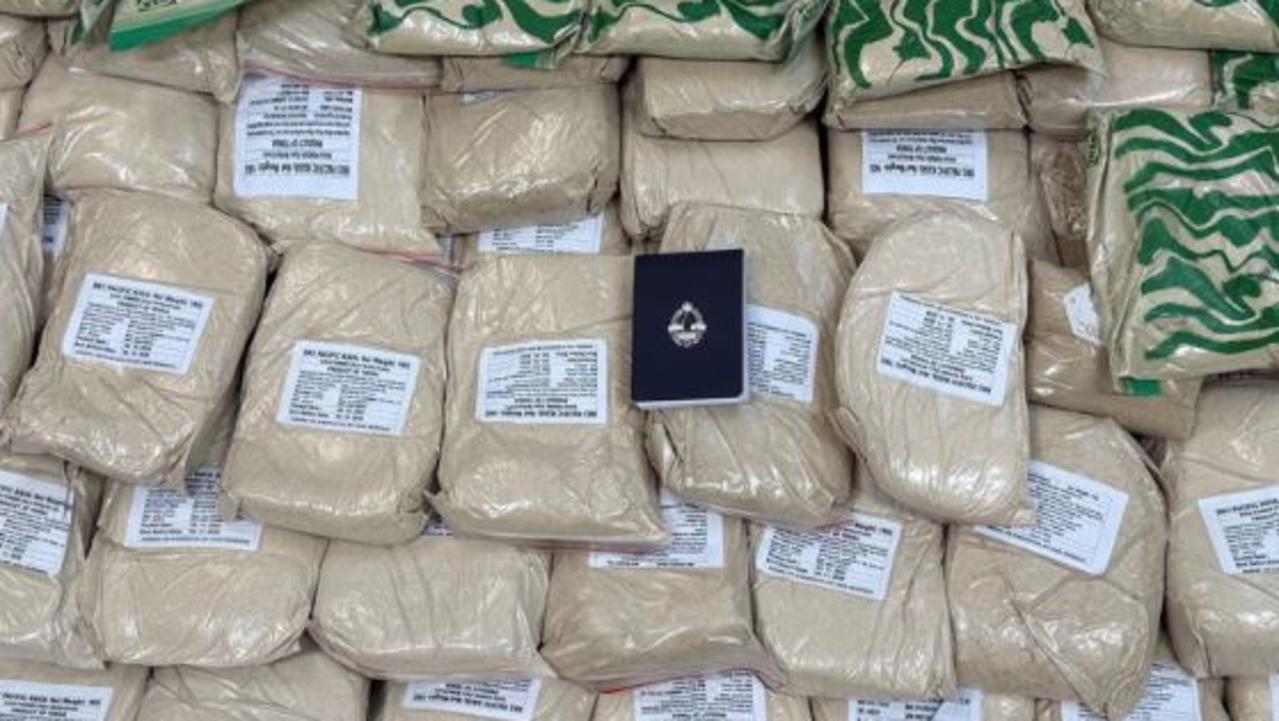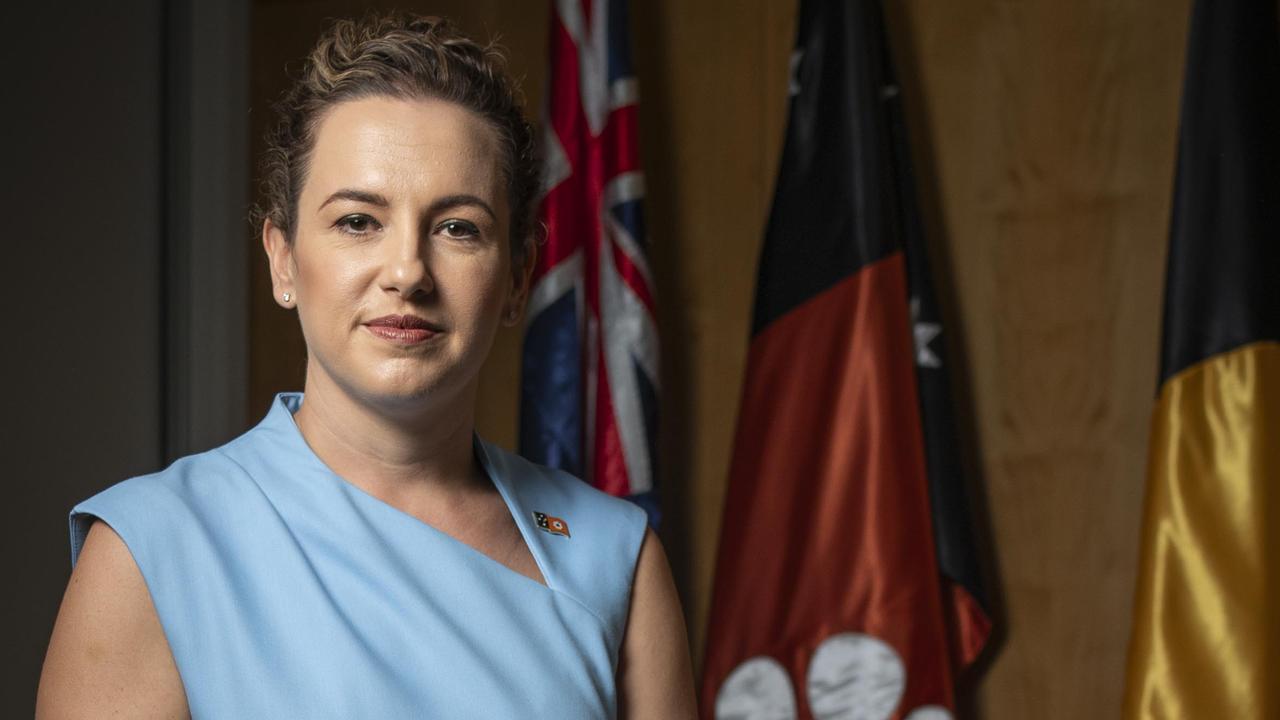Alice Springs women’s shelter says alcohol is not the problem in Territory’s domestic violence crisis
The head of a women’s crisis centre has given the Territory a fail mark for its response to domestic violence. Here is why she says alcohol is ‘not the underlying or driving factor’.

Northern Territory
Don't miss out on the headlines from Northern Territory. Followed categories will be added to My News.
The head of an Alice Springs women’s shelter has rated the Territory a “zero out of 10” for its response to domestic violence, arguing alcohol is not the problem.
In testifying at a Coronial inquest this week, Women’s Safety Services of Central Australia chief executive Larissa Ellis said instead, more must be done to change attitudes towards Aboriginal women.
Ms Ellis gave a bleak assessment from her perspective on the front lines when called as a witness at the inquest into the brutal murder of Kumanjayi Haywood at the hands of her partner.
On Thursday, Coroner Elisabeth Armitage asked Ms Ellis how she would rate the community’s reaction to domestic violence, with 10 being excellent and zero being no response.
“I would give us a zero,” she replied.
“There seems to be more commitment to responding to property crime than dealing with domestic and family violence, which is a real indictment on our community.
“We had a vigil last year for a woman and her baby that were killed and about 50 people turned up.
“How many showed up to rallies about crime? Thousands.”
Three anti-crime rallies have been held in Darwin so far this year, in part prompted by the alleged murders of international student Md ‘Sifat’ Isfaqur Rahman and bottleshop worker Declan Laverty.
Since 2000, 79 women have been killed by a current or former partner in the NT – 74 of whom were Aboriginal.

Alcohol use is a factor in more than two thirds of domestic violence assaults in the Territory, but Ms Ellis warned “we can’t fall into the trap of thinking removing alcohol will fix the problem”.
“Otherwise all the money gets funnelled there,” she said.
“Alcohol abuse is a contributing factor, it is not the underlying or driving factor.”
Ms Ellis’ testimony was backed up by Lenora Giles, an Alice Springs police officer with 25 years experience in the force who was also called as a witness at the inquest.
The Senior Constable told the court the number of women she saw coming through the Alice Springs Hospital had not slowed despite the alcohol restrictions imposed in January this year.
“We thought Monday, Tuesday, Wednesdays would be quieter days – but they aren’t,” Ms Giles said.

Ms Ellis said domestic violence stemmed from “women’s place in society” and community attitudes needed to shift for things to change.
“I often equate women’s services to the unpaid housewives of the 1950s, we’re constantly expected to provide more with less, without addressing the fact the people we’re helping have a low place in society,” she said.
“Calling out racist and sexist jokes – people can do that with their friends and they can do that safely.
“It doesn’t have to be intervening in an incident, it can be calling out behaviour and attitudes that are unacceptable.”
More Coverage
Originally published as Alice Springs women’s shelter says alcohol is not the problem in Territory’s domestic violence crisis









